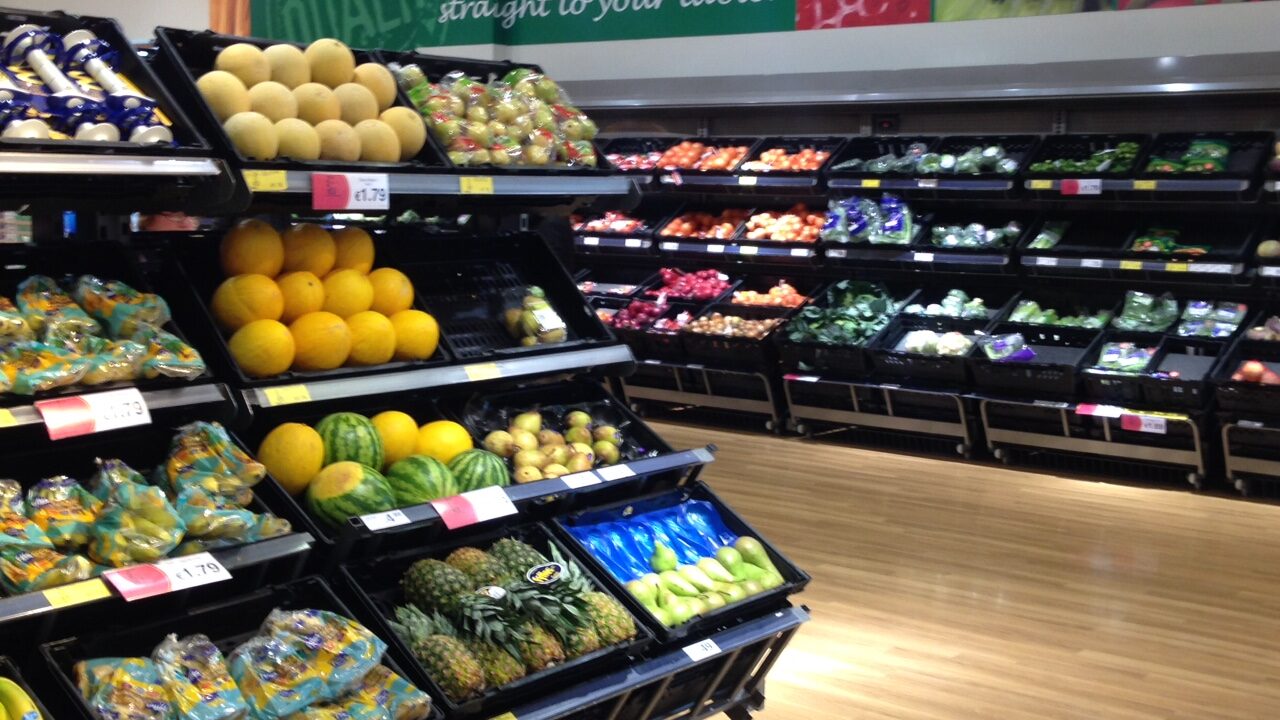The food and drink sectors, in both Ireland and the UK, are calling for an early agreement on a future trade deal between the two countries.
The Food and Drink Federation in the UK recently called on the government to ensure that an early agreement on the trading relationship between the Republic of Ireland and the UK is made as soon as possible.
This was backed by a total of 35 associations representing the UK food and drink supply chain in the UK.
This news was welcomed and supported by Food Drink Ireland (FDI), the IBEC group representing the Irish food sector.
With 40% of Irish food and drink exports going to the UK, Ireland is set to be exposed more than any other European country to Brexit, Director of FDI, Paul Kelly, said.
“Supply chains in the food sector are deeply integrated between our two countries and the continued, uninterrupted flow of these supply chains are essential to the competitiveness of food and drink businesses on both islands.”
That is why FDI is calling for Brexit negotiations to produce outcomes that support the closest possible economic and trading relationship between the EU and the UK.
In order to minimise economic uncertainty and potential damage to the food and drink sector, discussions on the future EU-UK trading relationship must commence as early as possible in the negotiating process, Kelly added.
Key Priorities
These negotiations must ensure free and unfettered access to the UK market, Kelly said.
There must also be a commitment by both sides to negotiate an ambitious and balanced agreement that prioritises continued tariff and barrier free trade, long-term growth, investment and stability, he added.
The FDI believes the agreement should take account of the special case of the island of Ireland, ensuring that the highly-integrated supply chains can continue to operate with free movement of goods and services.
Meanwhile, transitional arrangements may be required to bridge the gap between the completion of the UK two-year exit process until the time when the future EU-UK trade agreement comes into force, Kelly said.
- Avoiding tariffs and import quota regimes.
- Avoiding requirements for new customs procedures (e.g. documentation and certification) which would create barriers to trade, delays and increase administrative costs.
- Customs procedures must be dealt with as part of the first phase of Article 50 negotiations.
The FDI believes these transitional arrangements would have to be of a sufficient length to allow businesses to plan and prepare for any new Free Trade Agreement (FTA) deals.
